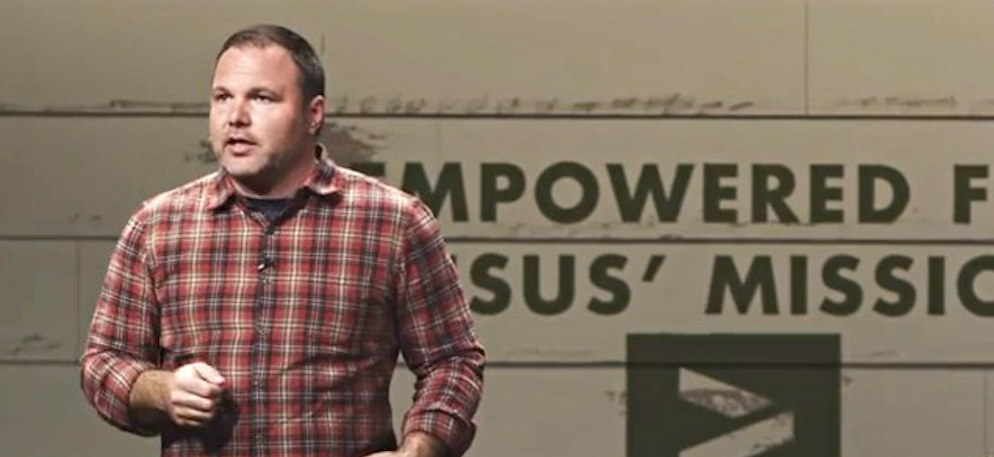A recent article published in the New York Times dealt with young Republicans abandoning their party’s historic positions on social conservatism, instead preferring a more libertarian posture on social issues.
So now, there are young “conservatives” making peace with abortion and same-sex marriage for pragmatic reasons. We’re to believe: Young people are uncomfortable with social issues; young people are necessary for electoral success. So, to these mavericks, they dispense with social issues in hopes of electoral euphoria and amassing political power.
“A lot of the College Republicans I know share the same liberal-to-moderate social views,” says Zoey Kotzambasis, vice president of the College Republicans at the University of Arizona.
“When it comes to what you do in your bedroom, or where you go to church, or where you want to put a tattoo, we just couldn’t care less,” Mr. Hoagland said at a meeting last month of young Republicans in Charlotte.
My friend Eric Teetsel noted that young Republicans of today are governed by a “50%+1” obsession with demographics; not principles. Koch-influenced conservatism is really a social libertarianism that the New York Times wants to promote to its own gain. A Republicanism that ignores the difficult truths of marriage and life is a liberalism that suffocates metaphysical truths. Libertarianism is little more than small government liberalism—a convenient political philosophy when the ideology of indifference is easier to embrace than the urgency of confessional ethics.
The expulsion of social conservatism from some segments of mainstream conservatism is important for Christians who believe that life and marriage are transcendent claims that require acknowledgment. Where there are breeds of evangelicals and the chattering classes wishing for evangelical Christians to be less identified with the Republican Party, here’s your sign. Christian politics and ethics have never been Republican or conservative; they have been Christian who happened to find a convenient welcoming within a particular party apparatus. The attitudes of today’s conservative-libertarian youth change things. I, personally, am ready to sever ties whenever and wherever the Republican Party begins to patently endorse issues that are unbiblical. Are you? Pay attention carefully: the rejection of social conservatism by these individuals has nothing to do with any self-professed principles, but power. Principled (and historic!) conservatism—free enterprise, traditional values, and limited government—is now being gutted by a class of political debutantes who’d prefer to shelve traditional values in exchange for an intellectual and cultural conformism. The party that has detested political correctness has become its own party of political correctness. Why? Because the winds of cultural intimidation have successfully suppressed any commitment to social ethics because said ethics could be “risky” or “politically volatile” to one’s chances of winning. Today’s Young Republicans are today’s newest materialists. The broad denial of metaphysical configurations to humanity or society isn’t new, but one traditionally unrecognizable under the banner of “GOP.” The new Right is really the old Left; it’s Voltaire saying “Don’t Tread on Me.”
Login to read more
Sign in or create a free account to access Subscriber-only content.
Topics:

